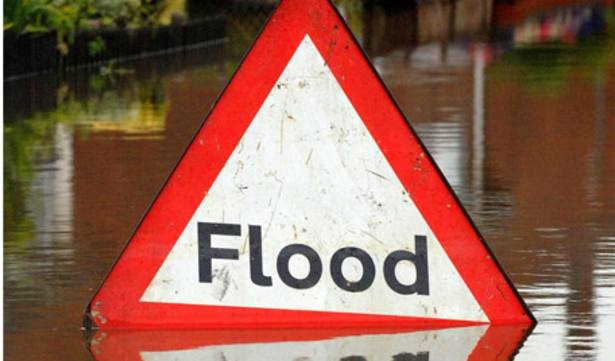These, alongside well-established dedicated socially responsible pension funds, are starting to eat into the market share of the larger pension funds.
Large funds compete for spotlight
Meanwhile, many of Australia’s largest funds are putting their responsible investing credentials front and centre, noticing this as one key issue their clients are interested to know more about, and furthermore, a great way to get deeper engagement with clients.
This momentum is starting to snowball, as funds start a race to the top in responsible investing, growing ever greater awareness in the marketplace, as responsible investment becomes an important means to differentiate a pension fund in an otherwise highly commoditised market.
Beyond pensions, responsibly managed investment products are rapidly emerging in Australia across all asset classes and investment styles. These are not purely excluding the industries commonly screened out of socially responsible funds, such as tobacco, weapons, gambling, human rights violations, adult content and fossil fuels, but are also screening more funds in socially and environmentally positive industries, such as renewable energy, housing, medical technologies, sustainable transport and education.
This has helped to unblock a major impediment of growth, in that investors now have the ability to find good investment options across a full, diversified portfolio.
In this context of growing demand and surging numbers of products coming to market, clear labelling that verifies the quality of responsible investments has become increasingly important.
Certification is critical
RIAA runs the world’s longest running fund certification programme that aims to do just this – to verify the quality of responsible investing approach, to set a benchmark on quality and to require a high degree of transparency.
In the past two years, the number of products covered by our programme has grown to 160, up from around 50 products, and includes cash, fixed income, listed equities, impact investment products and pension funds – from wholesale to retail and beyond.
As has been the way for so many industries that see a growing demand from ethical consumers, from Fair Trade coffee, to free range eggs, sweat shop-free clothing and sustainable forestry, external verification that a product is delivering its responsible investing promise is ever more critical to giving consumers – and their advisers – confidence.
It is notable that in many of the world’s leading financial markets, discussions around product labelling and standard setting have emerged strongly, including in the UK and EU.
The importance of labelling remains as true in responsible investing as it does in coffee production. More than half of Australians surveyed in our research cited a lack of independent information available regarding switching to a responsible or ethical pension fund as an impediment to moving investments, while 86 per cent stated they would be more likely to invest in a fund that had been certified by an independent third party for its responsible practices.






